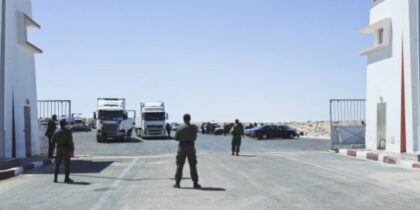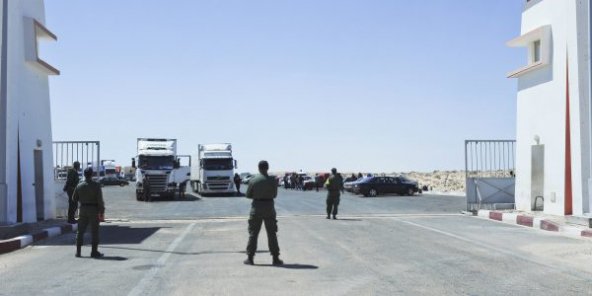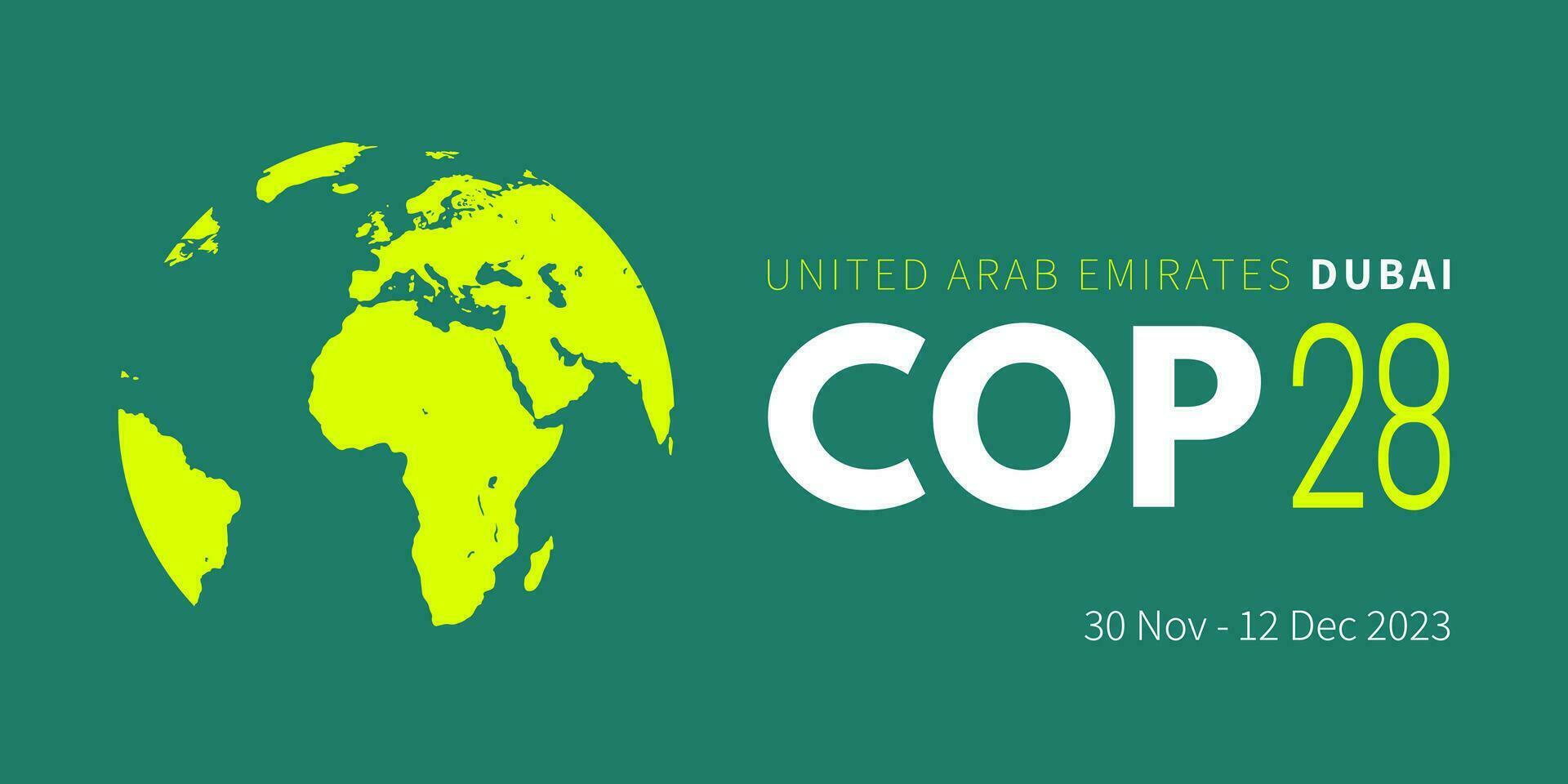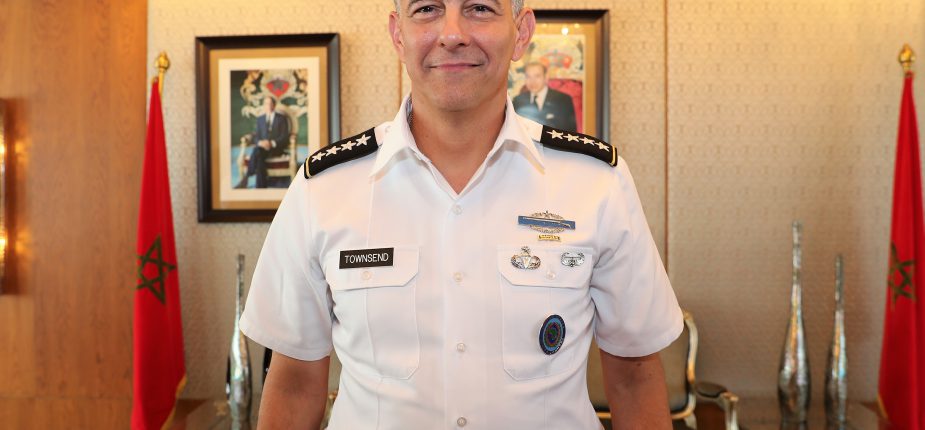 European voices have joined the growing list of international supporters who welcomed Morocco’s Friday operation to restore commercial and civilian traffic on Guerguarat passage that has been blocked by the Polisario from October 21 to November 13, underlining the legality of this operation.
European voices have joined the growing list of international supporters who welcomed Morocco’s Friday operation to restore commercial and civilian traffic on Guerguarat passage that has been blocked by the Polisario from October 21 to November 13, underlining the legality of this operation.
In Spain, MP Eloy Suarez Lamata of the Popular Party said Morocco exercised its rights to protect its territorial integrity and acted legitimately to put an end to the provocations of the Polisario militias in Guerguarat.
The Moroccan army’s intervention, which was carried out in line with international legality and rules of engagement, helped to solve a problem for Spain and unblock trade with Mauritania, added MP Lamata.
The same view is shared by MP Juan Vicente Pérez Aras (PP/opposition), José Maria Chiquillo Barber, Head of UNESCO Silk Road Program and Juan Segovia of the ruling PSOE party.
Jorge Verstrynge Rojas of Podemos party also backed Morocco’s “legitimate” action to end the “unacceptable provocations of the Polisario militias in Guerguarat, saying that the North African Kingdom has shown “restraint, wisdom and a spirit of responsibility” since the incursion of the polisario thugs.
At the level of the European Union, EU Neighborhood and Enlargement Commissioner Olivér Várhelyi praised Morocco’s attachment to the ceasefire, saying that “free movement of people and goods is fundamental”, making reference to the illegal Polisario obstruction tactics of the traffic between Morocco and Mauritania.
“Tensions must give way to the political process,” the EU official twitted stressing “it is essential to preserve the political and economic stability of the neighborhood”.
The Greens in the European Parliament also hailed Rabat ‘s adherence to the ceasefire agreement, stressing the need “to preserve the political and economic stability of the region”.
“The free movement of people and goods is not negotiable,” the group said, calling on Europe to push for relaunching the political process to find a lasting and realistic solution to the Sahara regional conflict.
In France, Aymeric Chauprade, an expert in international relations, said Morocco had no other choice but to act in self-defense against the separatists’ provocations which escalated following the diplomatic setbacks suffered by the Polisario and their Algerian supporters.
Emmanuel Dupuy, President of the Institute for European Perspective & Security blamed the Algerian regime for igniting tension in the Guerguarat buffer zone after it was distressed by the diplomatic wins scored by Morocco in the Sahara dossier.
He cited in this regard UN resolution 2548 which was adopted lately by the Security Council, and which reiterated that the Morocco-proposed autonomy plan offered for the Sahara is a “credible and realistic” solution to this regional dispute, dropping the unworkable “self-determination referendum” option the Polisario and Algiers still cling to.
For his part, French Professor and lawyer Hubert Seillan commended Morocco’s serenity in driving away the Polisario elements from the buffer zone of El Guerguerat.
In Italy, president of Human Rights league, Antonio Stango, said Morocco’s intervention was “necessary” to restore security and ensure the freedom of movement at the El Guerguarat crossing point with Mauritania.
For his part, Head of Italian Institute of Political and Economic Studies Domenico Letizia slammed the Polisario outlawed actions in the buffer zone, pointing out to the involvement of neighboring Algeria in Guerguarat blockade tactics which exacerbate the instability of the region already threatened by jihadists, drug dealers and extremists.
In Copenhagen, Danish-Moroccan Consultative Council, said the provocations of the Polisario in the buffer zone violate UN Security Council resolutions and undermine the UN-led political process engaged to solve the Sahara issue.
Several Arab and African countries have also voiced support to the successful operation carried out by the Moroccan army against the Polisario militiamen in the Guerguarat crossing point, saying the move helped restore the normal flow of traffic and chased away the mercenaries from the buffer zone.
Besides the Gulf Cooperation Council members, the Organization of Islamic Cooperation (OIC), the Arab Parliamentary Union, Jordan, and Yemen in the Middle East, Gabon, Djibouti, Comoros, the Central African Republic, and Sao Tome and Principe, have also expressed support for Morocco’s intervention against Polisario’s provocations in Guerguarat.
All these countries have expressed strong backing to Morocco’s action which comes after the MINURSO, the UN mission deployed on the ground, failed to remove the polisario agents who pitched tents in the buffer zone obstructing traffic between Morocco and Mauritania.
They also reiterated their full support to Morocco’s sovereignty over the Sahara, condemned the polisario illegal incursions in the UN-controlled buffer zone and reaffirmed backing to the UN efforts to reach a political solution to the Sahara conflict.



